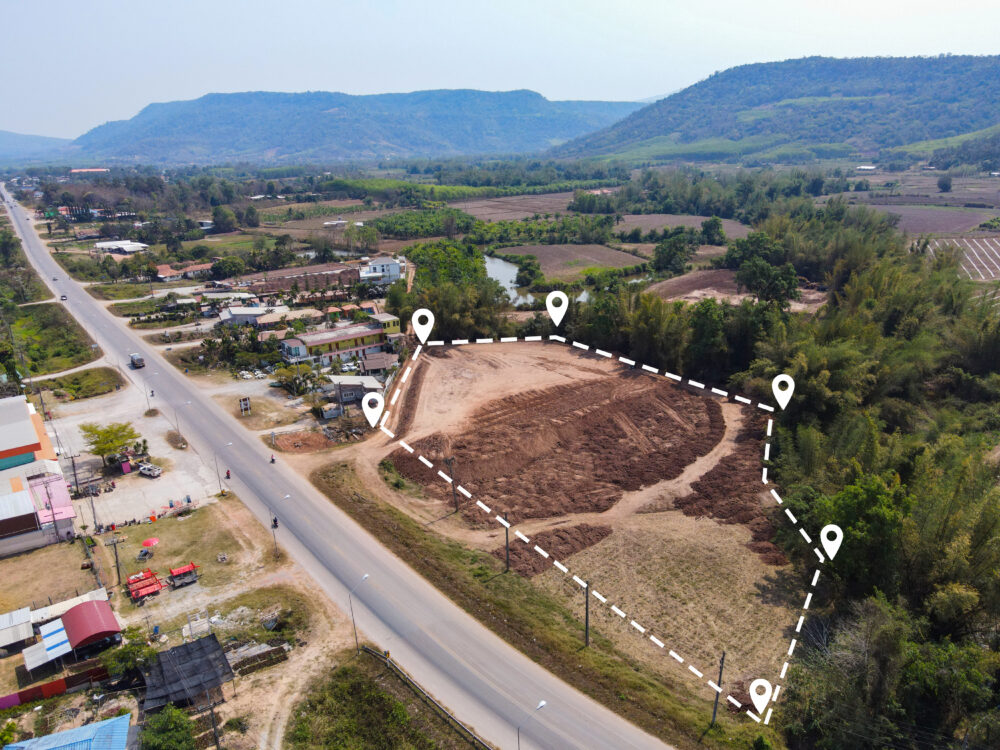In Vietnam’s dynamic business environment, the Business Cooperation Contract (BCC) and the Processing Contract are two commonly used forms of agreement, each serving different purposes and structures of cooperation. Understanding the nature, advantages, and limitations of each type of contract is crucial for enterprises to select the most suitable model, optimize benefits, and mitigate legal risks.
1. Business Cooperation Contract (BCC)
According to Articles 3.14 and 27.1 of the 2020 Law on Investment, a Business Cooperation Contract (BCC) is an agreement entered into between investors for the purpose of conducting business activities, distributing profits, and/or sharing products in accordance with the law, without the establishment of a new legal entity.
This can be a contractual agreement between domestic investors, foreign investors, or a combination of both. In cases where the BCC involves foreign elements such as agreements between domestic and foreign investors or among foreign investors themselves, the parties are required to obtain an Investment Registration Certificate in accordance with the Law on Investment.
Essentially, a BCC allows the parties to contribute capital, assets, resources, expertise, or experience to jointly implement a specific project or business activity. Rather than forming a new company, the parties operate under a cooperative framework defined in the contract, including clear terms on governance and profit or product-sharing mechanisms.
2. Processing Contract
Under Article 178 of the 2005 Commercial Law, a processing contract is defined as a commercial activity whereby the processing party uses part, or all the materials provided by the ordering party to perform one or more stages of production as requested, in exchange for remuneration. A distinguishing feature of this model is that ownership of materials and finished products remains with the ordering party, while the processing party does not participate in the sale or distribution of the final goods, nor share in any business profits.
In Vietnam, domestic companies are permitted to enter processing contracts with foreign traders for the purpose of export-oriented production. This model is typically transactional, focusing on production services in exchange for processing fees, rather than establishing a long-term cooperative relationship or sharing profits like in a BCC. A key element of a processing contract is the clear allocation of responsibilities and ownership: the ordering party supplies the raw materials and is primarily responsible for inputs and distribution, while the processing party is responsible for carrying out the production processes in compliance with technical specifications, quality standards, and delivery schedules. Therefore, clearly defining each party’s responsibilities from the outset is essential to reduce risks and avoid disputes.
3. Comparison Between BCC and Processing Contract
| Criteria | Business Cooperation Contract (BCC) | Processing Contract |
| Legal Basis | Law on Investment | Commercial Law, Civil Code |
| Main Purpose | Joint business cooperation; profit/product sharing | Hiring production services |
| Formation of a new legal entity | No | No |
| Nature of Relationship | Joint investment, shared benefits and risks | Service-based (contract work) |
| Input Contributions | Parties contribute capital, assets, efforts, etc. | Ordering party provides materials |
| Outcome/Remuneration | Shared profits or products | Processing fee (service fee) |
| Ownership of Products | Distributed as agreed in contract | Typically remains with the ordering party |
| Legal Liability | Often joint and several liability | Separate liability (processing quality vs. material quality) |
Thus, the choice between a BCC and a Processing Contract depends on the strategic objectives, nature of cooperation, and level of risk each party is willing to undertake. If the goal is to co-invest and jointly develop a project with shared profits and risks, a BCC would be the appropriate model. Conversely, if a company merely seeks to outsource certain production stages with full control over materials and quality, and pay a service fee, then a Processing Contract would be more suitable. Enterprises should carefully evaluate their needs and seek legal advice to draft robust agreements that safeguard their interests.
Disclaimers:
This article is for general information purposes only and is not intended to provide any legal advice for any particular case. The legal provisions referenced in the content are in effect at the time of publication but may have expired at the time you read the content. We therefore advise that you always consult a professional consultant before applying any content.
For issues related to the content or intellectual property rights of the article, please email cs@apolatlegal.vn.
Apolat Legal is a law firm in Vietnam with experience and capacity to provide consulting services related to Business and Investment and contact our team of lawyers in Vietnam via email info@apolatlegal.com.





































